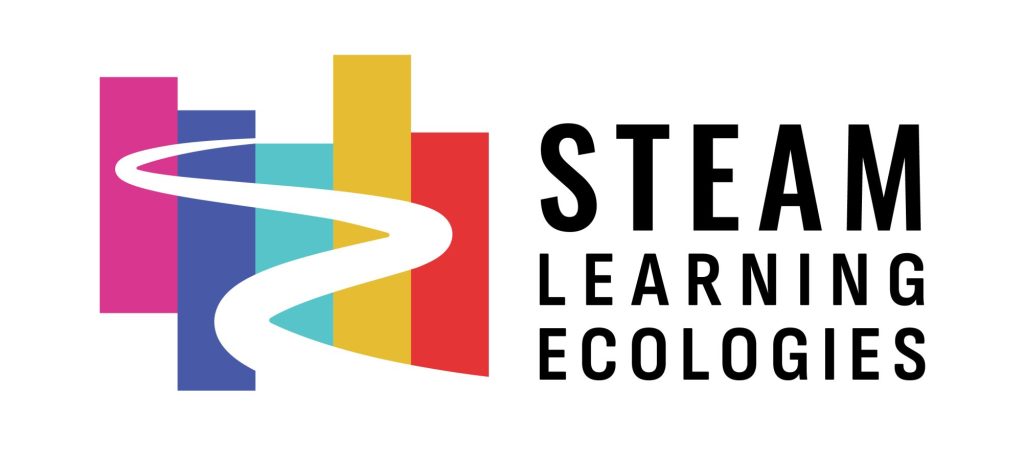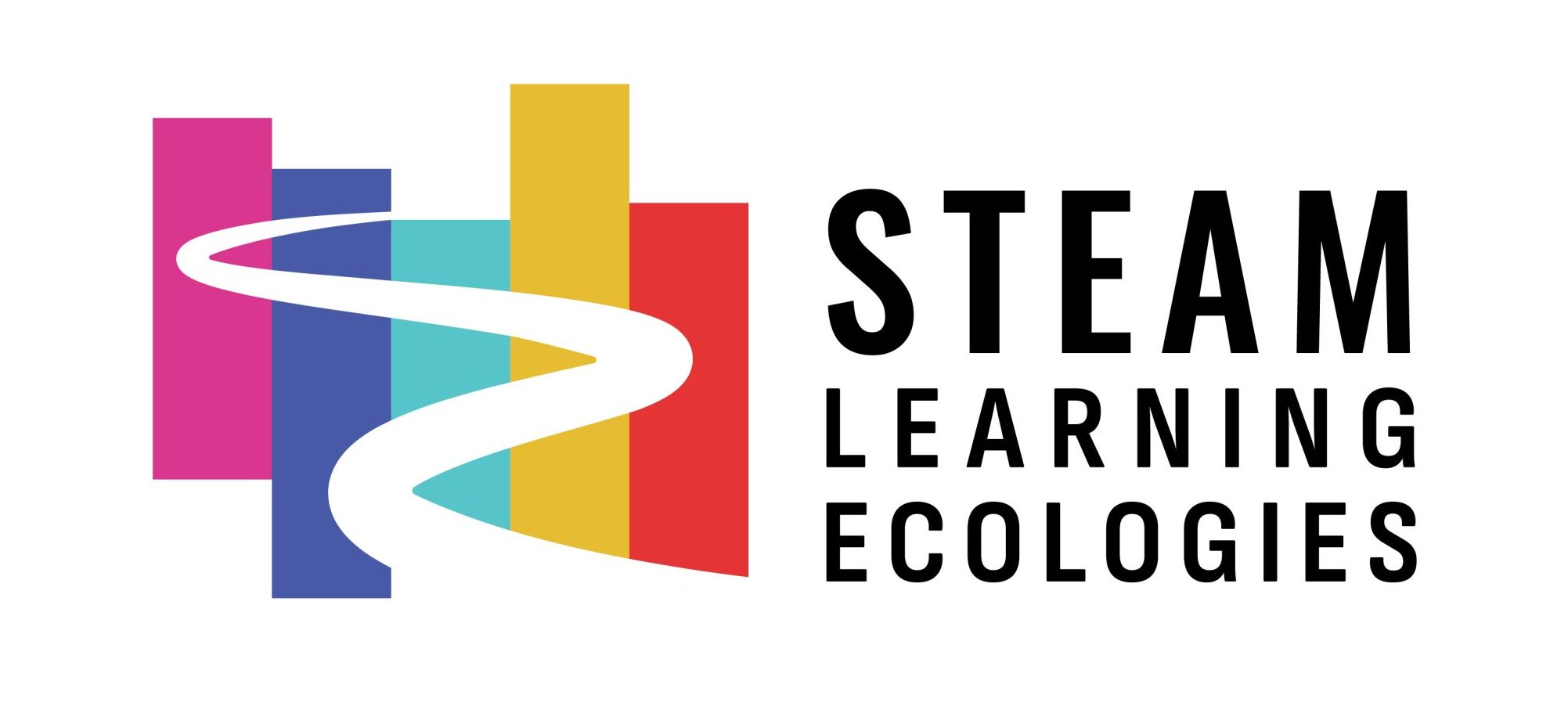Key Takeaways from the 3rd SLEs Policy Session

The third and final STE(A)M Learning Ecologies (SLEs) policy event, held online on October 23rd, 2025, brought together over 50 participants from across Europe, including European Commission officers, EU project managers, and the project’s pilots’ participants. Co-organized by APRE and European Schoolnet, and moderated by ECSITE, the event celebrated the achievements of over 100 pilot projects and 450 stakeholders involved in SLEs, which enriched the learning experiences of 4000 students across Europe and beyond. The event explored how these experiences can inform future European policies on Open Schooling and contribute to broader STEM and STE(A)M strategies.
The session combined inspirational stories from the ground and a policy dialogue: two pilot experiences, ‘Green Transition and Gender’ (presented and led by Francesca Sauro, Essenia UETP), and ‘Neurons Behaving Badly’ (presented and led by Ellen Madigan, Colaiste Nano Nagle), showcased how local partnerships can connect science education with real-world challenges, sustainability and gender equality in the first case, and health and nervous system conditions, on the other.
The second half of the event focused on validating the results of the third SLEs Policy Brief, presented by Laura Mentini (APRE) and Ioana Caraghiozov (EUN) and featuring interventions by key speakers: Francesca Maltauro (DG EAC), Maria Podlasek Ziegler (DG EAC), Katalin Oborni (HEFTA Institute and STREAM IT project), and Oliver Straser (ICSE Center, and SEER project). The session was enriched by an interactive discussion with the audience. The exchanges converged around four main themes: moving from experimentation to systemic change, empowering teachers as innovators, fostering inclusion and gender equality, and building shared evidence for future action.
1.Moving from experimentation to systemic integration
European Commission representatives commented the results achieved by SLEs, which demonstrated how community-based learning can drive educational change in alignment with key strategies at EU level (such as the European Education Area, The Union of Skills, STEM strategy 2024-2029 or Draghi’s Report). They emphasized the need to move beyond project-based innovation toward systemic integration of Open Schooling and experiences such as STE(A)M Learning Ecologies within national frameworks.
The upcoming STEM Education Centres, which will be piloted in 2026–27 under Erasmus+, were presented as an instrument to support this shift. As Francesca Maltauro noted, SLEs has “delivered concrete impact on the ground,” and its results “offer valuable evidence for future actions under the STEM Education Strategic Plan and the Action Plan on Basic Skills.” She also stressed how STEM subjects are key enablers to fill in the shortages of basic skills in the labour market, especially for girls, who usually become less performing and do not continue their schooling paths on these subjects.
While the EU facilitates cooperation and provides funding, it is important to remember that education remains a national competence, and that the EC’s role is to enable policy and practical experimentation and amplify results, ensuring that promising practices like those of SLEs can inspire wider adoption.
2.Teachers are at the heart of innovation
Both the field experiences and the roundtable converged towards one central idea: teachers are agents of change. Projects such as ‘Neurons Behaving Badly’ demonstrated how collaboration between educators and researchers (in this case, through the CURAM Teachers-in-Residence programme) can reignite teachers’ passion for science and translate complex topics into accessible classroom resources.
Yet, as several participants highlighted, time and administrative burdens remain major barriers. Flexible structures, funding schemes, mentoring and professional development opportunities, institutional backing, and free online training enabling asynchronous participation emerged as enablers. Reducing teachers’ workload and administrative burden through shared resources, new infrastructures, and local support networks is also a necessary condition to turn enthusiasm into sustainable, long-term practices. A centralised coordinated approach coupled with a localised effort is needed to bring all people together and align policies and practice.
The experience in Italy with the ‘Green Transition and Gender’ pilot showcased how curriculum alignment also plays a central role: when Open Schooling projects are directly linked to national curricula, they become instrumental to achieving learning objectives rather than being peripheral activities. This shift strengthens both teacher motivation and ensures institutional support for more integration of OS projects. Aligning assessment with STE(A)M constitutes another policy lever to reinforce interdisciplinary STE(A)M, as it shapes expectations and motivates teachers and learners to engage with new approaches.
3.Inclusion and gender equality through whole school approach
Inclusivity was recurring throughout the discussion. Katalin Oborni from the STREAM IT project (addressing gender inequalities in STEM education) stressed that promoting gender responsive STEM education requires tackling both structural and cultural dimensions systemically, from leadership support and teacher self-reflection to parental and peer engagement. Also, the feeling of belonging to STEM for girls needs to be strenghthen. The Italian initiative Green Transition and Gender exemplified this holistic approach by uncovering shared gender biases through workshops with teachers and students, recognizing and celebrating women’s historical contributions to scientific discovery, and discovering current career opportunities in STEM related to the green transition to deepen students’ understanding of the opportunities available to them.
4.Building evidence and shared understanding
While open schooling builds on previous “whole school approaches”, participants highlighted how this concept and its benefits are still far from being comprehensively known. Also, participants agreed that Europe and local governments still lacks a common conceptual and evaluative framework for STE(A)M education. They called for a shared definition centred on interdisciplinarity, project-based learning, and inquiry-driven pedagogy to avoid fragmentation and ensure that reforms produce homogeneous results across Europe. The upcoming STEM/STE(A)M Competence Framework will support this effort by clarifying learning outcomes, assessment practices, and teacher training needs.
While many European policies now reference open and holistic learning approaches, the main challenge remains turning these commitments into practice. For this reason, strengthening implementation mechanisms and evidence-based results is considered a second step towards long-term change. Indeed, more evidence on what works on national level is needed, involving also teachers and key stakeholders in the research. To that regard, stronger links between policy and grassroots initiatives are needed to enable schools to collaborate, exchange knowledge, and scale what works.
Conclusions
To conclude the session, all attendees were invited to exchange, and their contributions echoed the main themes discussed by panelists: scaling STE(A)M Open Schooling requires aligning its principles with national curricula and teacher education, ensuring stable and flexible funding, and creating platforms for collaboration and exchange. Many pointed out that teachers need not only resources but also time and trust to innovate, connect with communities, and evaluate the impact of their initiatives. The SLEs journey has shown that when learning becomes collective, and schools, researchers, informal education providers and industries work together, STE(A)M education grows more inclusive, relevant, and sustainable. The challenge ahead lies in translating these shared insights into lasting policy and practice.
Learn more about SLEs recommendations in the third SLEs Policy Brief, “Scaling STE(A)M Open Schooling in Europe: Policy Lessons from SLE Pilots,” available at this link.



